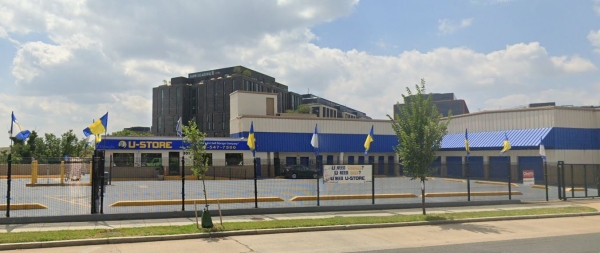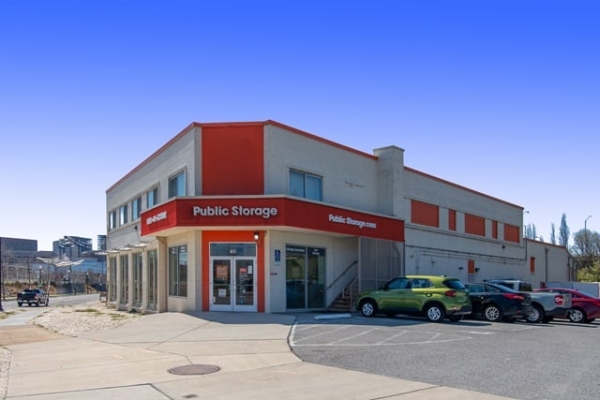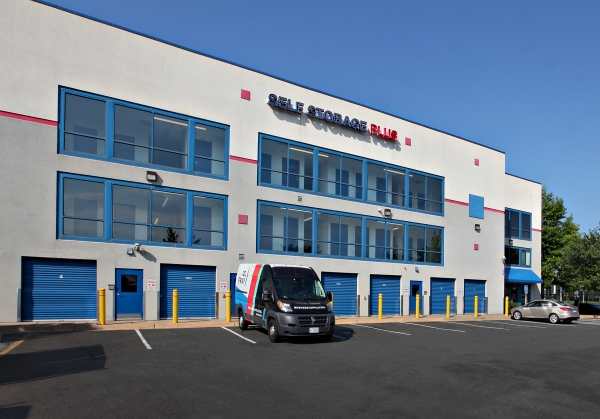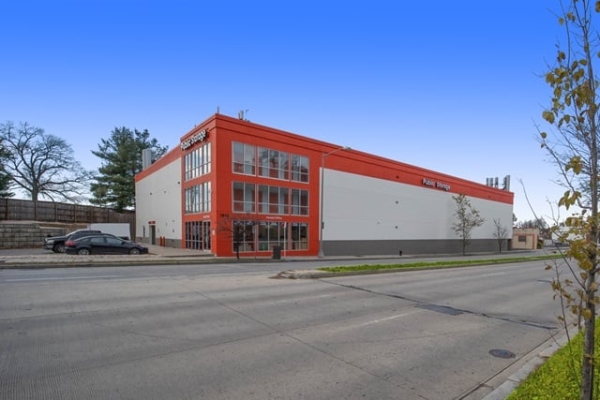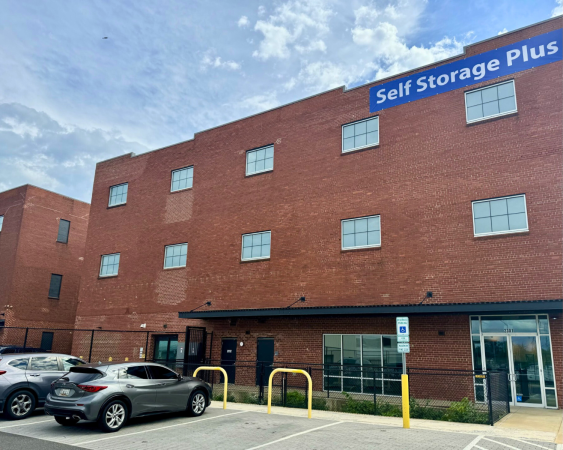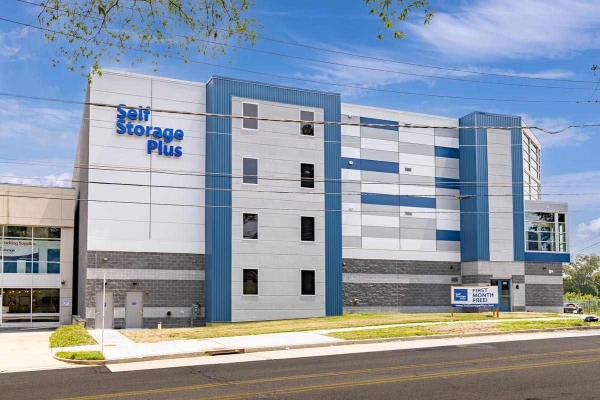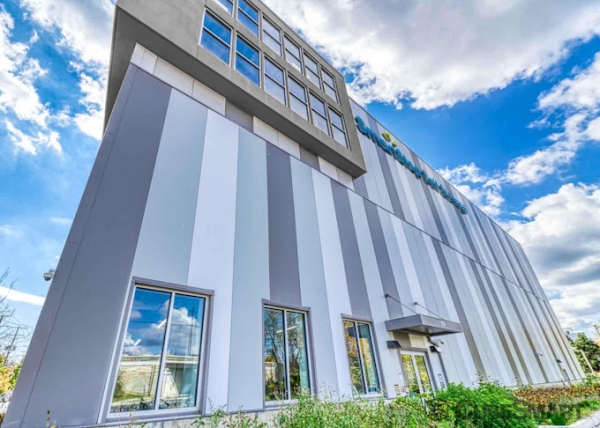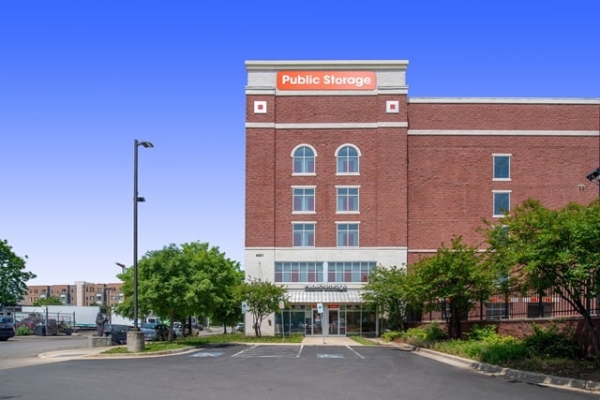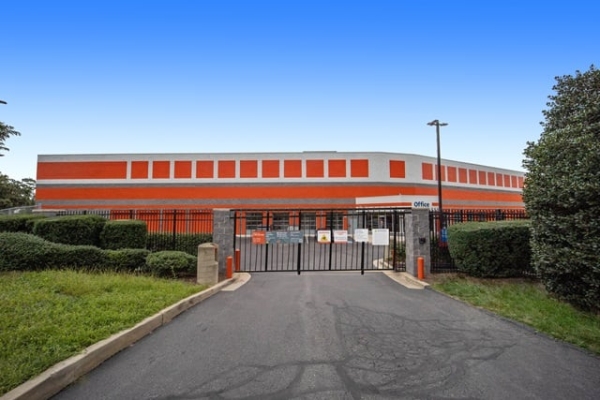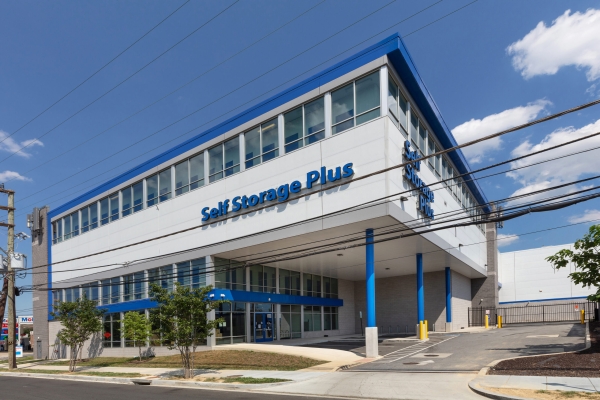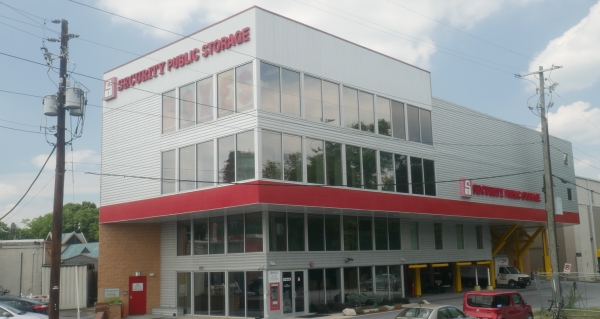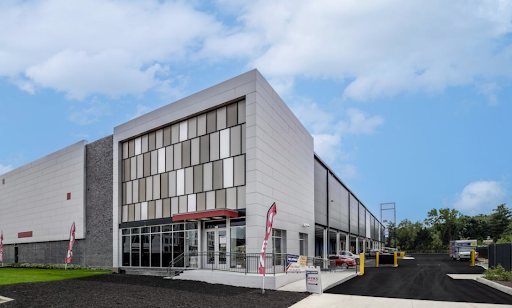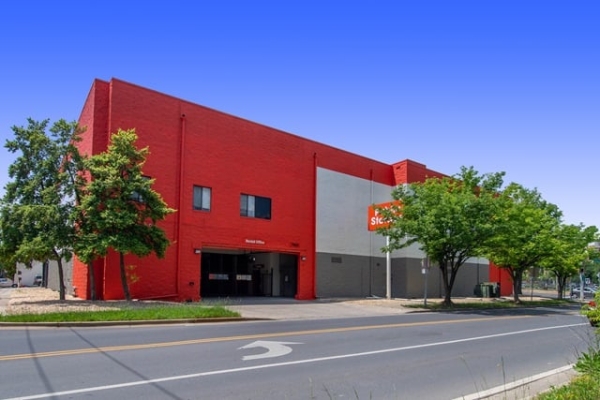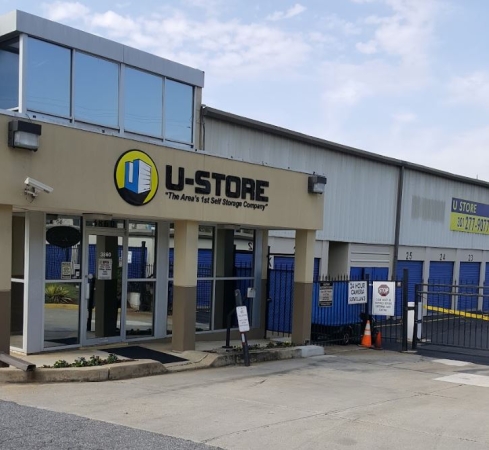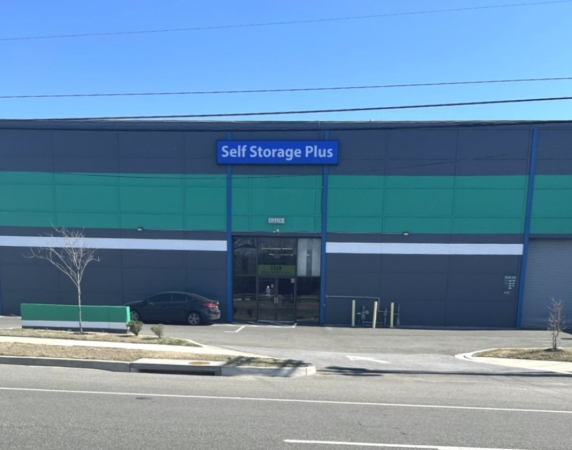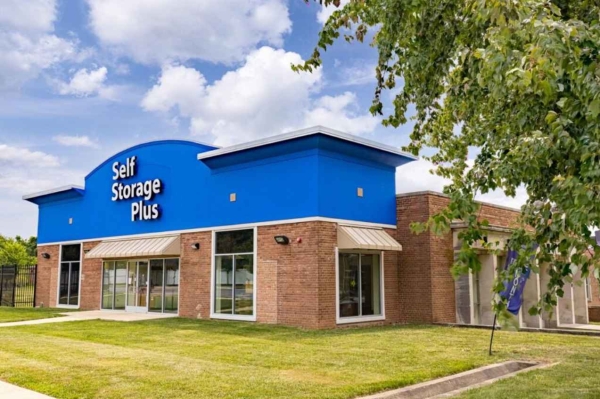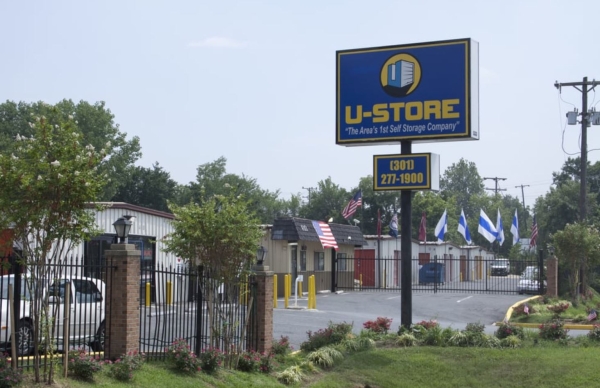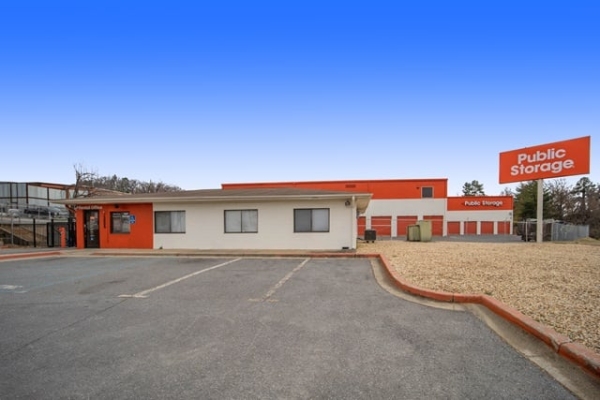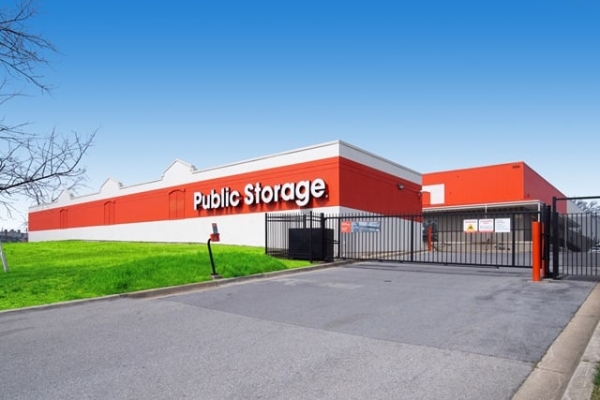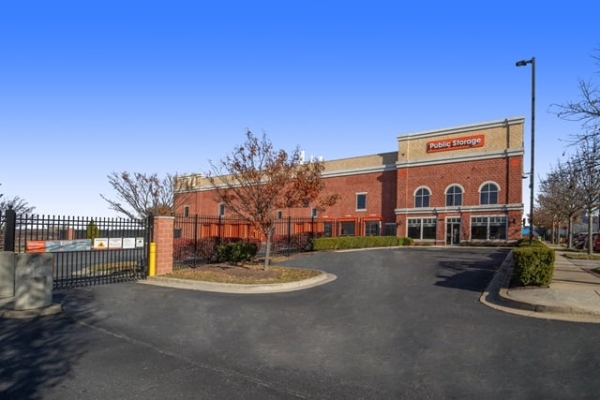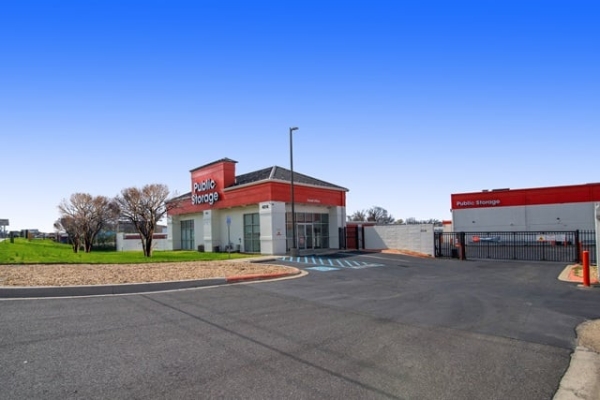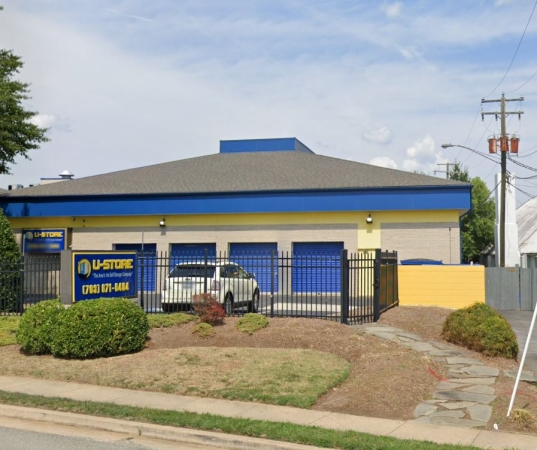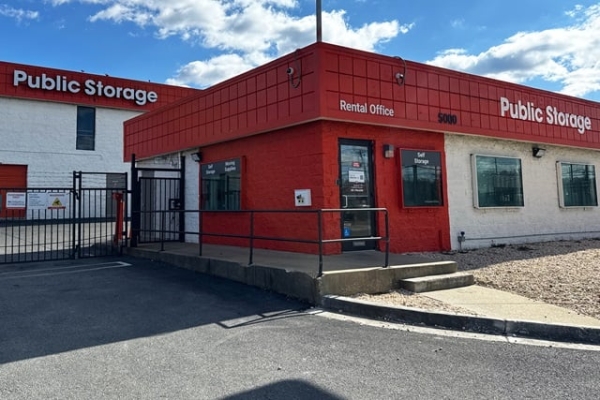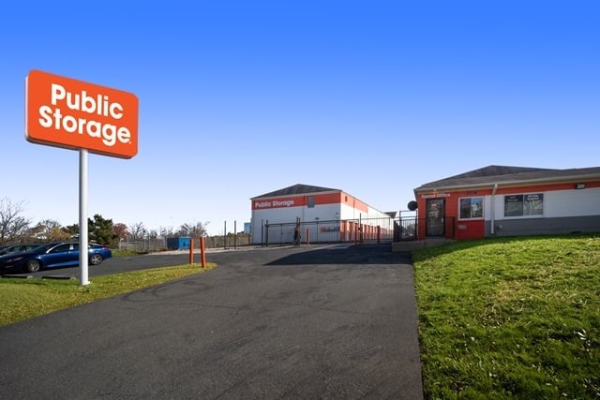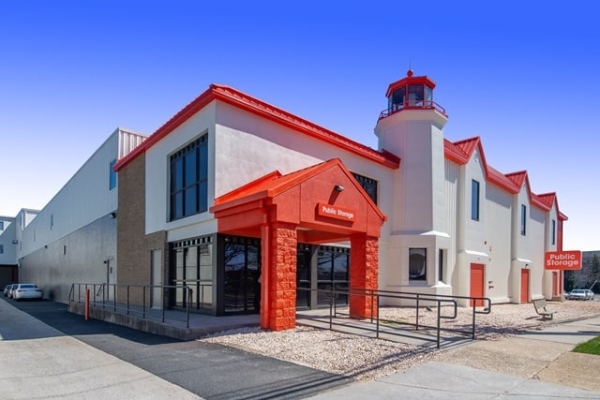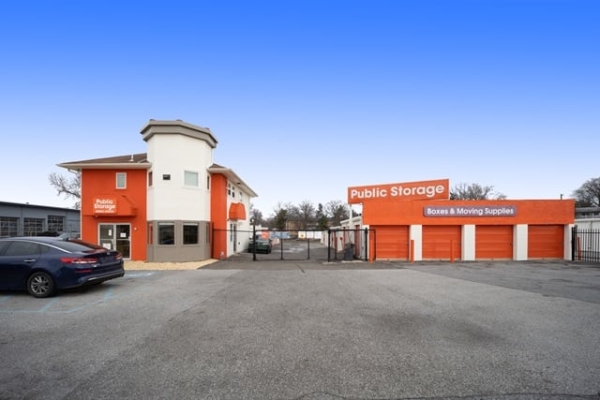The Cost of Self Storage in Washington, D.C.
Washington, D.C.’s high cost of living is significantly above the national average, primarily driven by its expensive real estate market. Property values in the city are among the nation’s highest, directly impacting the cost of storage units. Higher real estate costs mean higher operational expenses for Washington, D.C. storage unit facilities, which are then passed on to consumers.
The District has numerous colleges and universities, including Georgetown University, George Washington University, and American University. The large student population creates a steady demand for storage units, particularly during summer, when students may need to store belongings between semesters. This increased demand is another factor that drives up prices, especially for the smaller units popular among students. Moreover, the city’s relatively limited space for new storage facilities means existing units can command higher prices due to limited supply.
Average price of storage units by size in Washington, D.C.
| Size of Storage Unit | City Average | State Average* | National Average |
| 5×5 | $63 | $36 | $41 |
| 5×10 | $103 | $48 | $59 |
| 10×10 | $135 | $71 | $95 |
| 10×15 | $184 | $94 | $113 |
| 10×20 | $227 | $117 | $133 |
*The state averages are for Virginia.
What to Consider When Looking for Storage in Washington, D.C.
The property crime rate in Washington, D.C., is higher than the national average, making security an important consideration when choosing a storage facility. The city’s violent crime rate is 56.2, much higher than the national average of 22.7. Look for facilities that offer robust security measures such as surveillance cameras, gated access, individual unit alarms, and high-security locks.
The District experiences a humid subtropical climate with hot, humid summers and cold winters. Given these conditions, climate-controlled storage units are advisable, especially for items sensitive to temperature and humidity fluctuations, such as electronics, wooden furniture, important documents, and artwork. Climate-controlled units protect stored items from potential damage caused by extreme heat, cold, or moisture.
Helpful Tips for Moving to Washington, D.C.
Washington, D.C., is rich in history, culture, and political significance. Home to iconic landmarks such as the National Mall, the Lincoln Memorial, and the U.S. Capitol, the city offers a wealth of attractions for residents and visitors alike. The Smithsonian Institution has numerous museums and galleries and is the world’s largest museum, education, and research complex. It provides endless opportunities for education and exploration. D.C. is also known for its vibrant arts scene, diverse culinary offerings, and numerous parks and green spaces, including Rock Creek Park, which offers a natural retreat within the urban environment.
While the overall cost of living in Washington, D.C., is high, there are neighborhoods that offer relatively affordable housing options. Areas like Brookland, Petworth, and Congress Heights provide more budget-friendly living while offering access to city amenities. Washington boasts an extensive public transit system, including the Metrorail and Metrobus services, making commuting within and to surrounding areas convenient. The average one-way commute time is around 37 minutes. Washington, D.C., presents an attractive option for those seeking a blend of cultural richness and urban convenience.
Frequently Asked Questions
How do I get cheap storage units in Washington, D.C?
You can use a few strategies to ensure you have the most affordable unit possible. First, only rent as much space as you need — go for the smallest unit possible. Be flexible about the location of your unit, especially if you won’t need to access it very often. Unless you need 24-hour access, avoid this perk and also look for facilities that don’t have unlimited office hours. You may save money if you can rent longer and pay upfront.
Is climate-controlled self storage necessary in Washington, D.C.?
Washington’s average temperatures range from highs above the 90s to lows that may dip below the teens. Because of this range, a climate-controlled unit can be beneficial. These units help protect sensitive items from temperature and humidity fluctuations that can cause damage. It is especially true if you have temperature-sensitive belongings, such as documents, electronics, or fine art, which may need protection against potential environmental harm.
Do I need a 24-hour storage unit in Washington, D.C.?
Having a 24-hour storage unit in Washington, D.C., can be highly convenient, especially for those with busy or unpredictable schedules who need access to their belongings at any time. However, if you have predictable access needs during regular business hours, a standard storage unit without 24-hour access may suffice. It could save you money since 24-hour access units may be more expensive.
Does my renter’s insurance cover storage units?
Renter’s insurance often covers items stored in storage units, but the extent of coverage can vary by policy. Reviewing your policy details and consulting with your insurance provider to understand any limits or exclusions is important. If necessary, consider purchasing additional insurance to ensure your belongings are adequately protected.
Are storage units safe?
Washington, D.C. storage units can be safe if they have robust security measures, such as surveillance cameras, gated access, individual unit alarms, and high-security locks. The safety of a storage unit also depends on the facility’s location and management practices. You can also take steps to improve the safety of your unit, such as ensuring that you have a quality lock and opting for indoor storage, which gives you another layer of protection.
